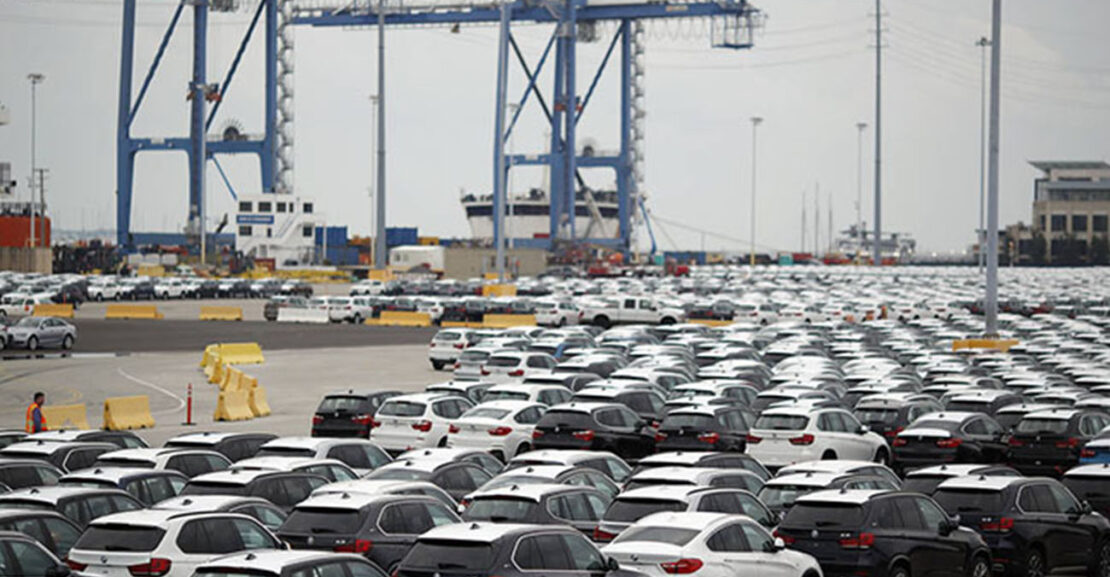Kenyan buyers of second-hand vehicles will soon have to pay much more, with the looming cut in the maximum age of imported units to five years.
Motor vehicle industry players will today hold a meeting with the Kenya Bureau of Standards (Kebs) to deliberate on the policy that has been on the cards in the past couple of years.
The objective of the workshop is to build consensus ahead of the proposal to lower the maximum age limit for imported used vehicles in Kenya from eight years and also review the emission levels, – Kebs wrote to the stakeholders on December 3, 2018
TAXES
It was not immediately clear when the government plans to lower the age limit but sources said indications are that the policy could come into force next year.
Reducing the age limit to five years means only more expensive vehicles will be imported, and prices will rise even higher with the cumulative application of a raft of taxes based on customs valuation.
Dealers said the final price of a five-year-old Toyota Vitz, for instance, could rise to Sh1.2 million compared to Sh700,000 for an eight-year-old model.
The Vitz is one of the most affordable cars and the proposed policy indicates that all imported used cars will cost more than Sh1 million. Vehicles attract import duty of 25 per cent, excise duty of 30 per cent and valued-added tax of 16 per cent, payable cumulatively and in that order.
This has seen most second-hand vehicle dealers go for eight-year-old models to limit the tax payable and keep it from inflating the retail price. Used cars are popular among the price-sensitive middle class made up of professionals and owners of small businesses.
NEW VEHICLES
Most of the new vehicles, priced in millions of shillings, are bought by the government, international agencies, private companies and wealthy individuals.
The government sees the banning of imports of older vehicles as a means of reducing emissions since newer models have better engine and exhaust technology.
Critics, however, point out that many old and heavily polluting vehicles, including public transport buses, have been allowed to continue operating on the roads.
Developed countries have policies banning vehicles after a certain mileage or age, with some offering motorists an option to retrofit their automobiles to comply with the set emissions standards.
Kebs is yet to start testing vehicles in Kenya to determine their compliance with local emission levels.
The concentration of carbon monoxide shall not exceed 0.5 per cent volume and hydrocarbons concentrations shall not exceed 0.12 per cent volume (1,200 parts per million), – say Kenya’s vehicle inspection rules.
Kebs says the meeting will tackle the government’s policy on importation of used motor vehicles, review of the used vehicle importation regimes around the world and the EAC region and the benefits of controlled importation of used vehicles and health impacts caused by vehicular emissions and experiences from the industry.
